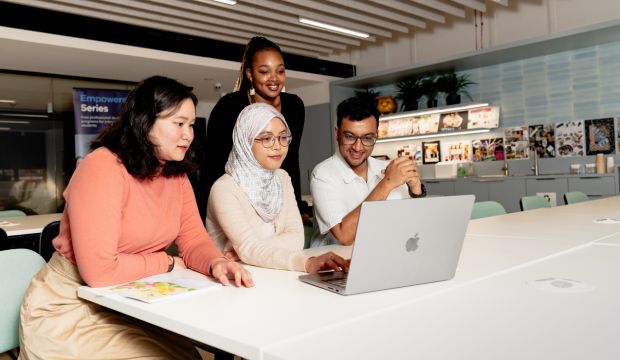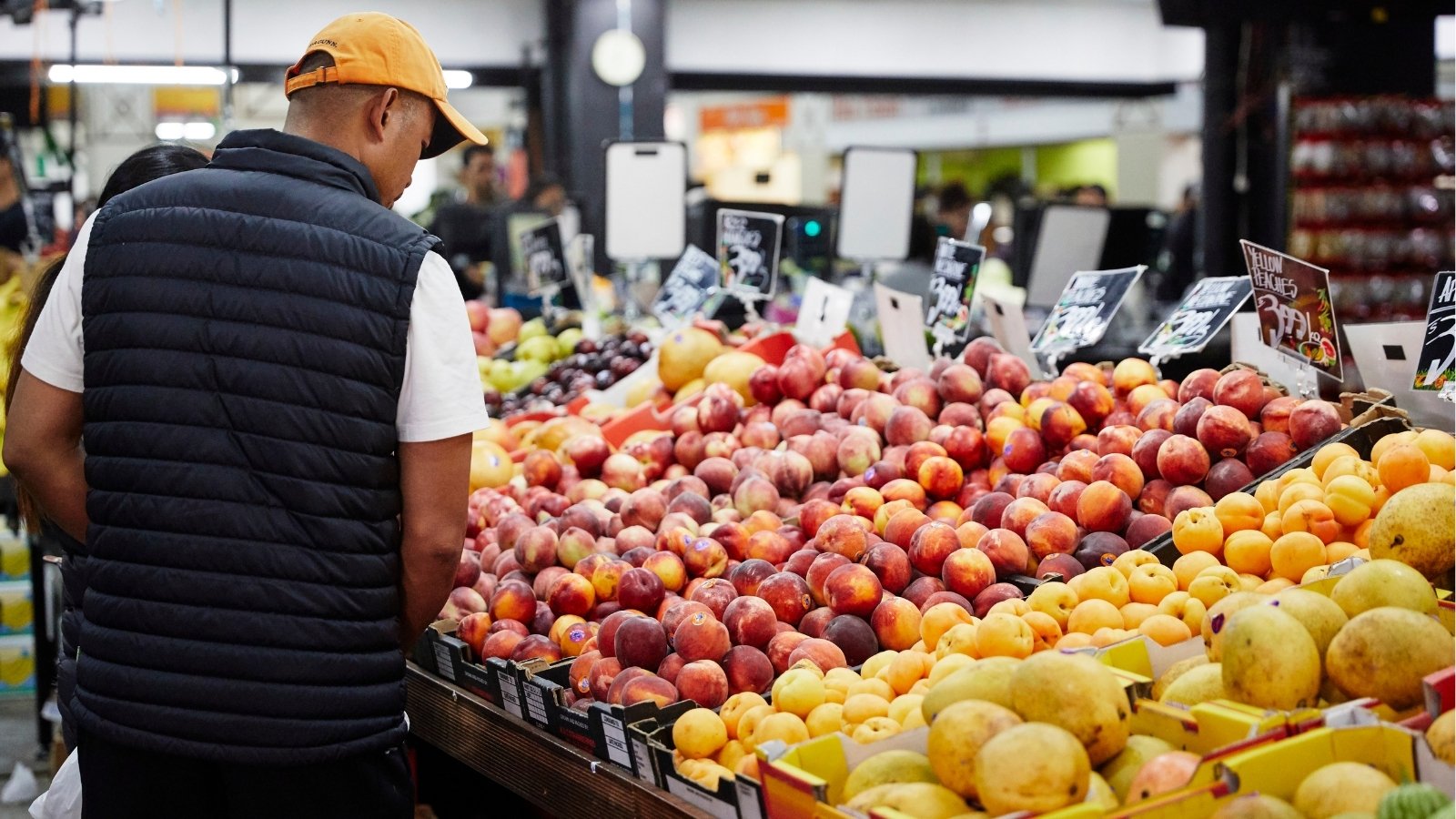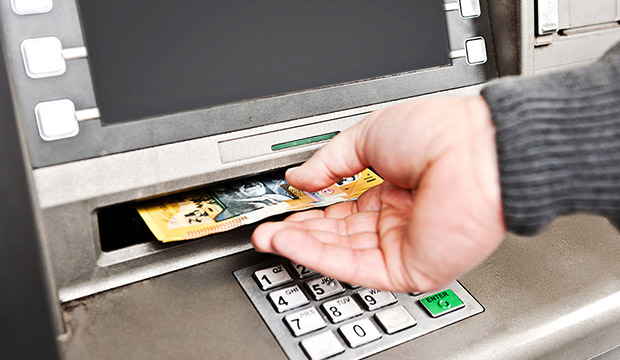You can set up a bank account before you arrive in Australia or after you get here. Your university, college or school may also be able to help you set up an account.
View transcript
Transcript
[On-screen text Suguru, International student]
Suguru: Opening an Australian bank account is your key to earning and managing money
while you're living here as international student. As Australia is largely cash-free, meaning people will use their debit or credit cards to make purchases rather than physical currency.
You will want to have easy access to funds without the fee or wait periods that can be associated with international transfers from your bank back home.
Setting up a bank account is very easy. You can set up a bank account before you arrive in Australia or after you get here. Your university, college, or school may also be able to help you set up an account. There is a big range of Australian banks to choose from, but also the option of opening accounts with digital banks, meaning those without physical branches you can visit, credit unions, or foreign banks with branches here in Australia.
Research the banks ahead of your arrival to see what they offer, or once you're here, visit a branch in person. Let them know you're an international student interested in opening an account, and they can explain the process and what they require for you to do so.
But, in general, when opening an account, you will require your letter of offer or Electronic Confirmation of Enrolment (eCoE) from the university, college or school you are enrolled in, as well as your passport and other forms of identification. You will also need your Australian Tax File Number (TFN), which is easy to apply for online through the Australian Taxation Office.
Once you are set up, you will receive access to a day-to-day account and an online savings account. You will also be provided with a physical debit card and, if applicable, instructions for adding a digital card to your phone. With that, you're ready to start saving and spending easily.
[End transcript]
How to choose a bank or credit union
There are four major banks in Australia and many credit unions. The major banks are:
- Commonwealth Bank
- National Australia Bank (NAB)
- ANZ
- Westpac
There are also several smaller banks, credit unions and international banks with branches in Victoria. Do your research to compare which banking provider offers the best product/s for you. Here are some tips for choosing a bank:
- Look for transaction accounts with no or low fees.
- Choose savings accounts with higher interest rates.
- Compare bank accounts and consider switching if you find a better one.
- Check your bank statements and contact your bank if you find something wrong.
- Protect yourself from scams and identity theft by keeping your personal and banking information safe.
- Check your bank is covered under theFinancial Claims Scheme.
Source: https://moneysmart.gov.au/banking
ID requirements to open an account
Check with your preferred bank or credit union to see what information they require. Generally, you must have your letter of offer or Electronic Confirmation of Enrolment (eCoE) from the university, college or school you are enrolled in, as well as your passport, and other forms of identification. You will also need your Australian Tax File Number (TFN);.
Opening an account online
Many banks allow you to open an account online. Once your online application is approved, you’ll receive the details of your bank account, and you can transfer money into it.
You will only be able to access money you deposit in your account after you go to your bank in person to verify your ID with your passport. Once your ID is verified, you can get a debit card and register for telephone and internet banking.
Opening hours
Most banks are open Monday to Friday from 9.30 am to 4.00 pm. Some are also open later on Friday afternoons and on Saturday mornings.
Automatic Teller Machines (ATMs)
Automatic Teller Machines (ATMs) are available all day, every day. Many universities, colleges and schools have ATMs on campus.
If you use an ATM owned by a different bank, you may be charged a fee. The ATM displays a message to tell you that a fee will be charged for continuing the transaction, and you can choose to continue or to cancel your transaction.
If you use an ATM from the same bank as the card you are using, you won't be charged a fee.
View transcript
[Inspiring music, visuals of speaker talking to camera followed by shots of various banks]
Orla: Hey, I'm Orla. Welcome to Australia. Here we use debit or credit cards a lot more. Cash is used way less than in other countries.
The most popular banks here are CommBank, NAB, Westpac, ANZ, and Bendigo Bank.
You can open an account online or in a branch. Online banking is a really big thing over here.
Most banks are open here Monday to Friday, 9:00 to 4:00, and even some on Saturdays. Many universities and schools have ATMs on campus.
It's important to remember if you use an ATM for a bank that isn't yours, you could be charged a fee.
[On-screen logo]
Study Melbourne
[End transcript]
Page last updated:




